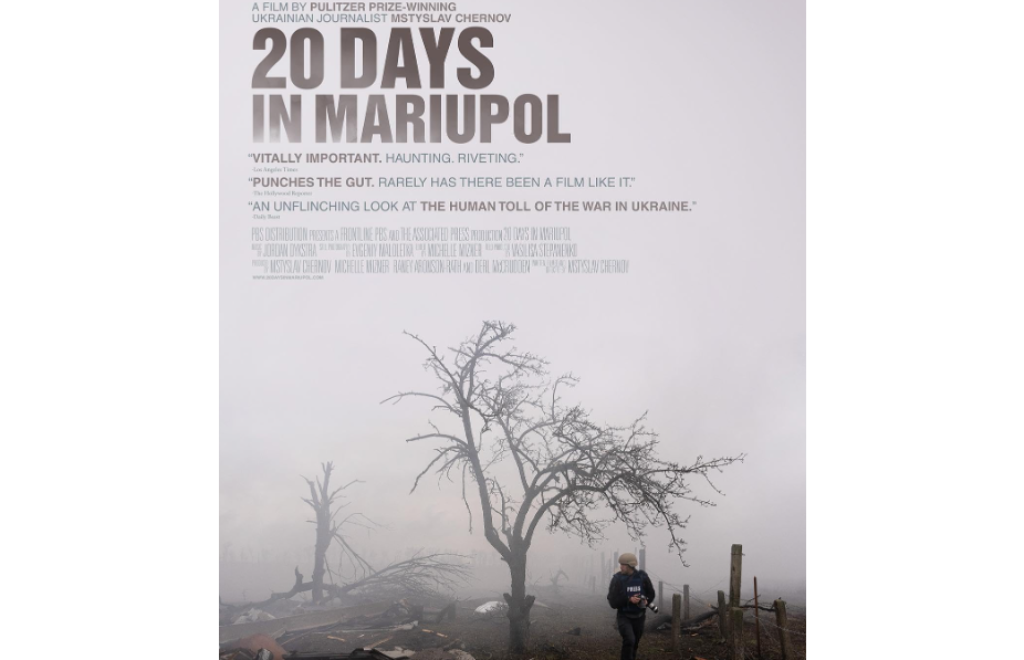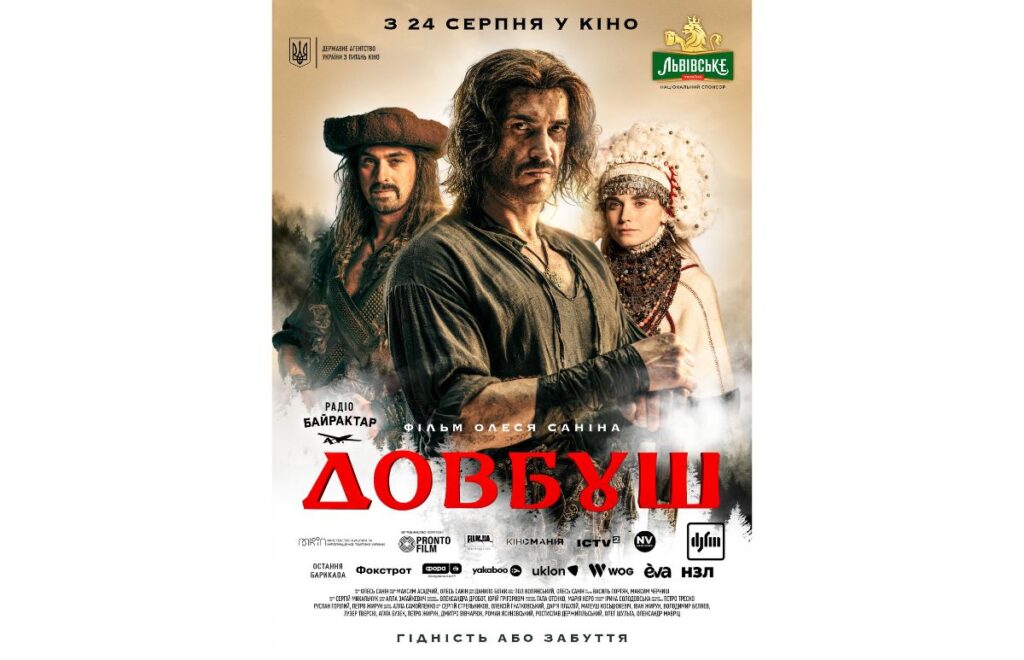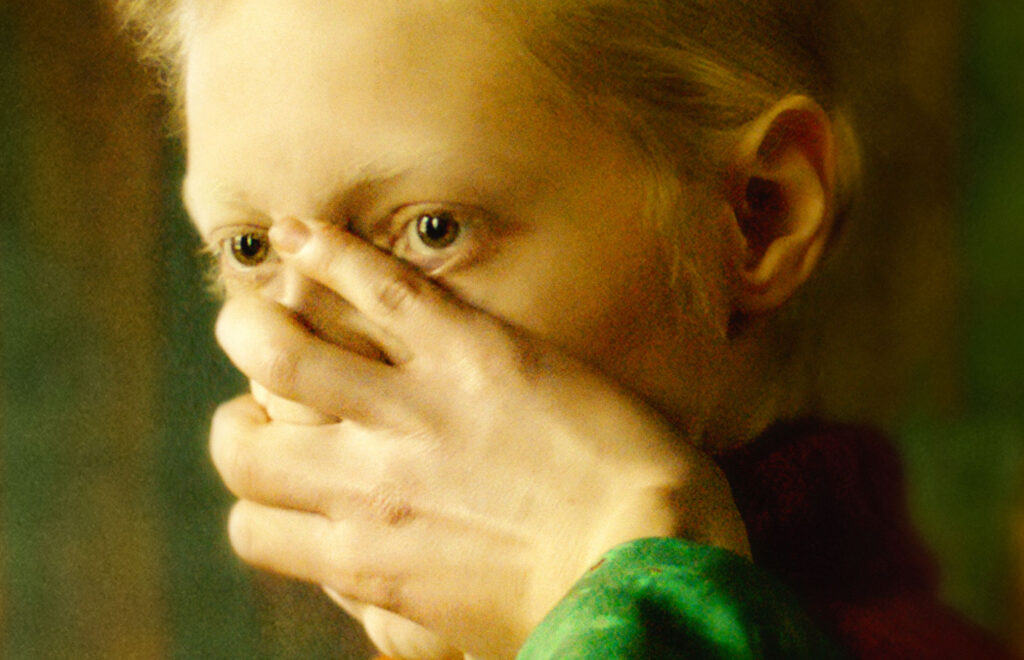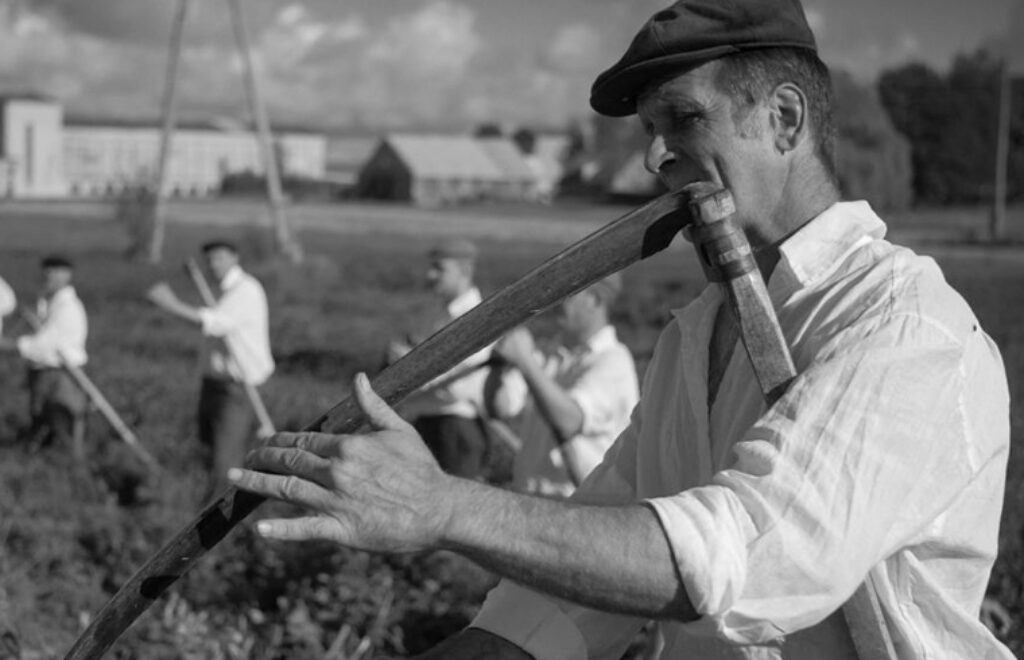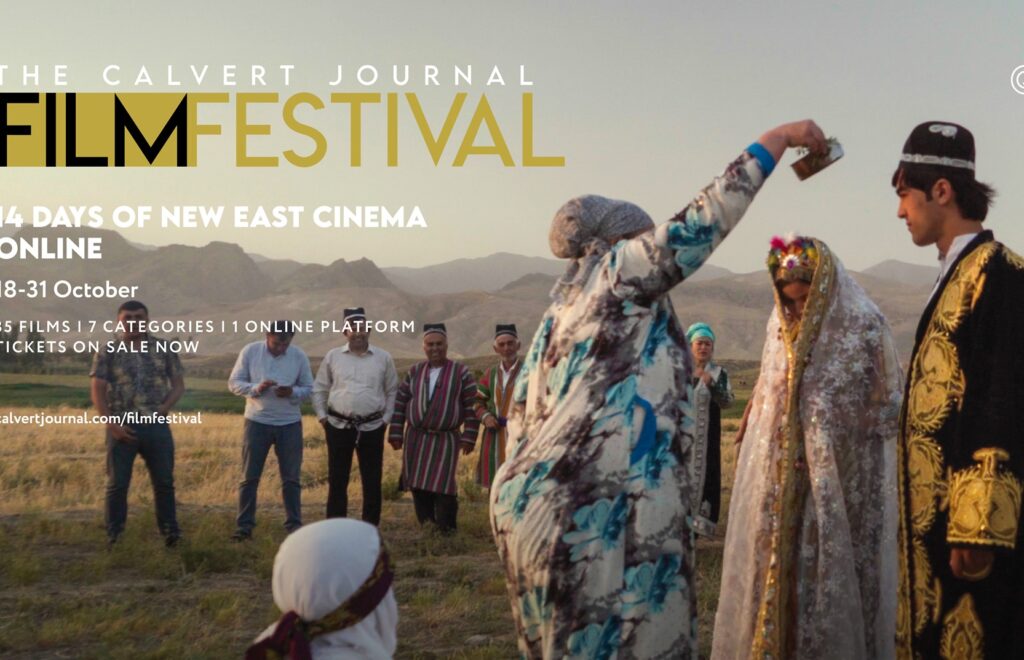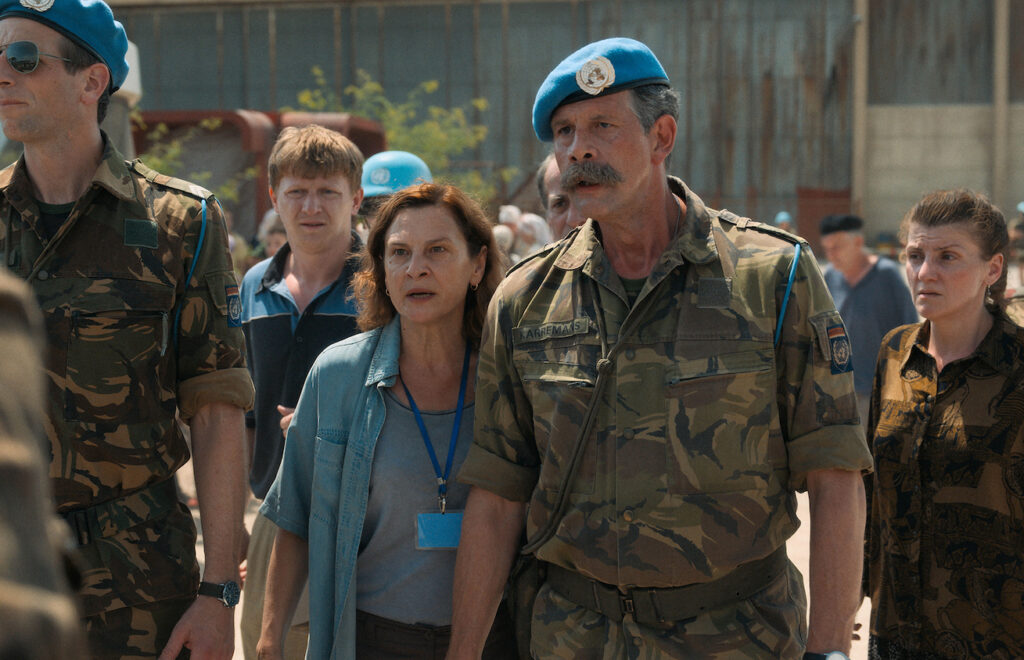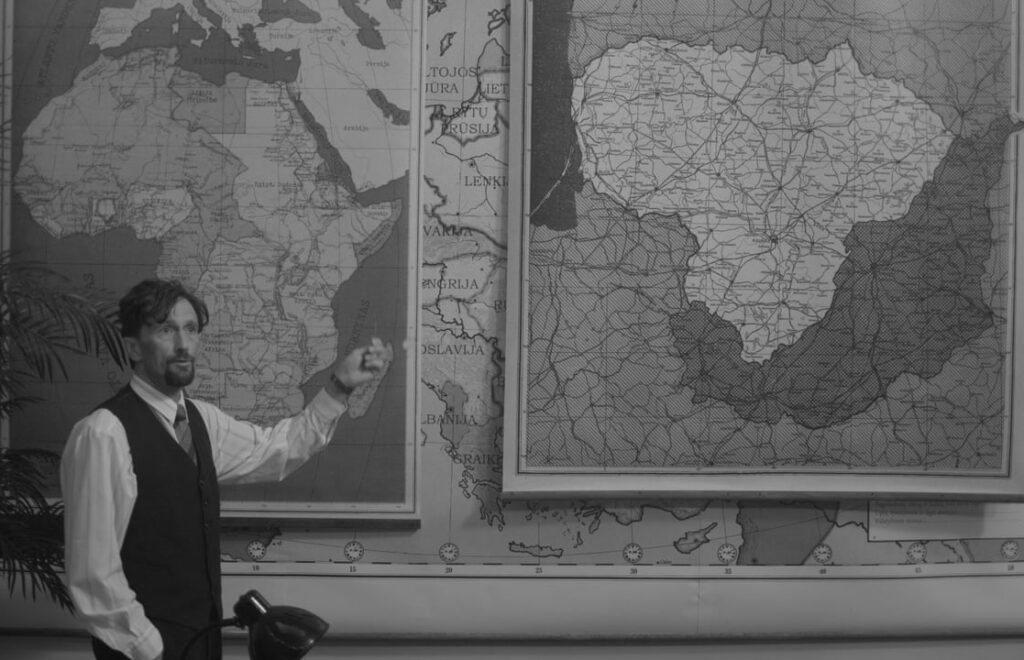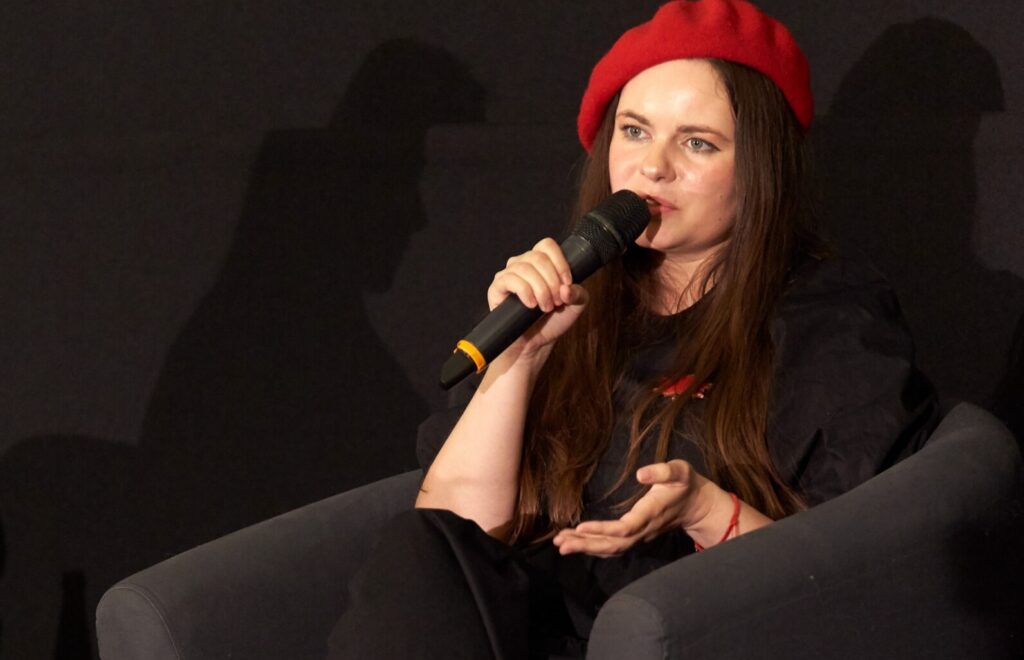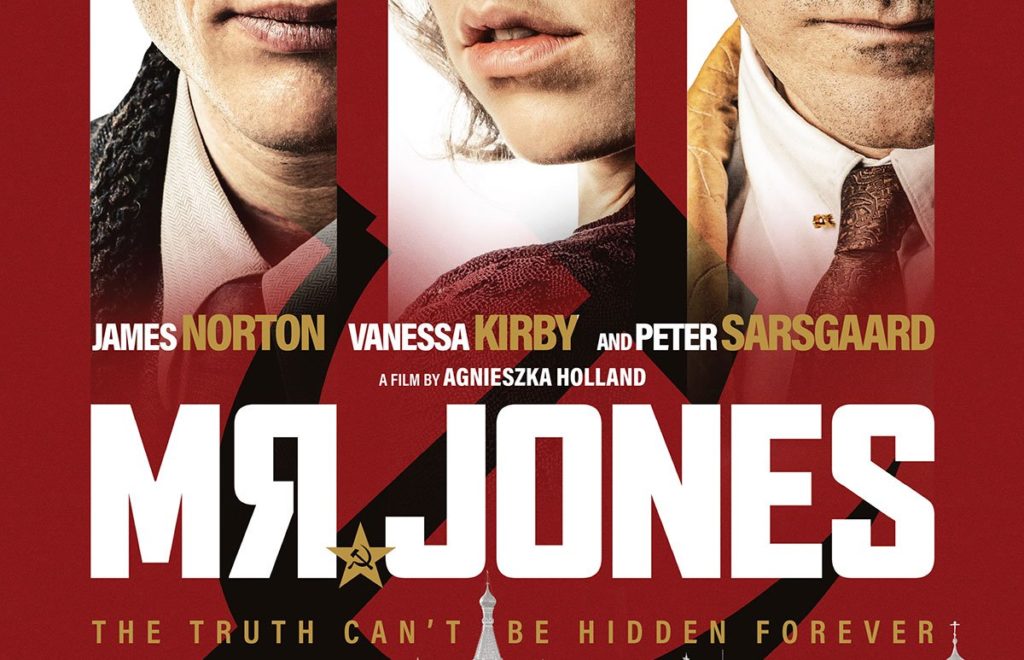Serbian director finds way to confront dark past
Vladimir Perišić is not intentionally trying to sound like Vladimir Putin. But the Serbian director is deadly serious when he says that “the break-up of Yugoslavia was a huge historical mistake.” He claims the six ex-Yugoslav republics – Bosnia and Herzegovina, Croatia, Slovenia, Macedonia, Montenegro and Serbia (including the regions of Kosovo and Vojvodina) – are today “all obsessed with their national histories, most of which are a total fantasy”.
April 11, 2024 - J P O’ Malley



